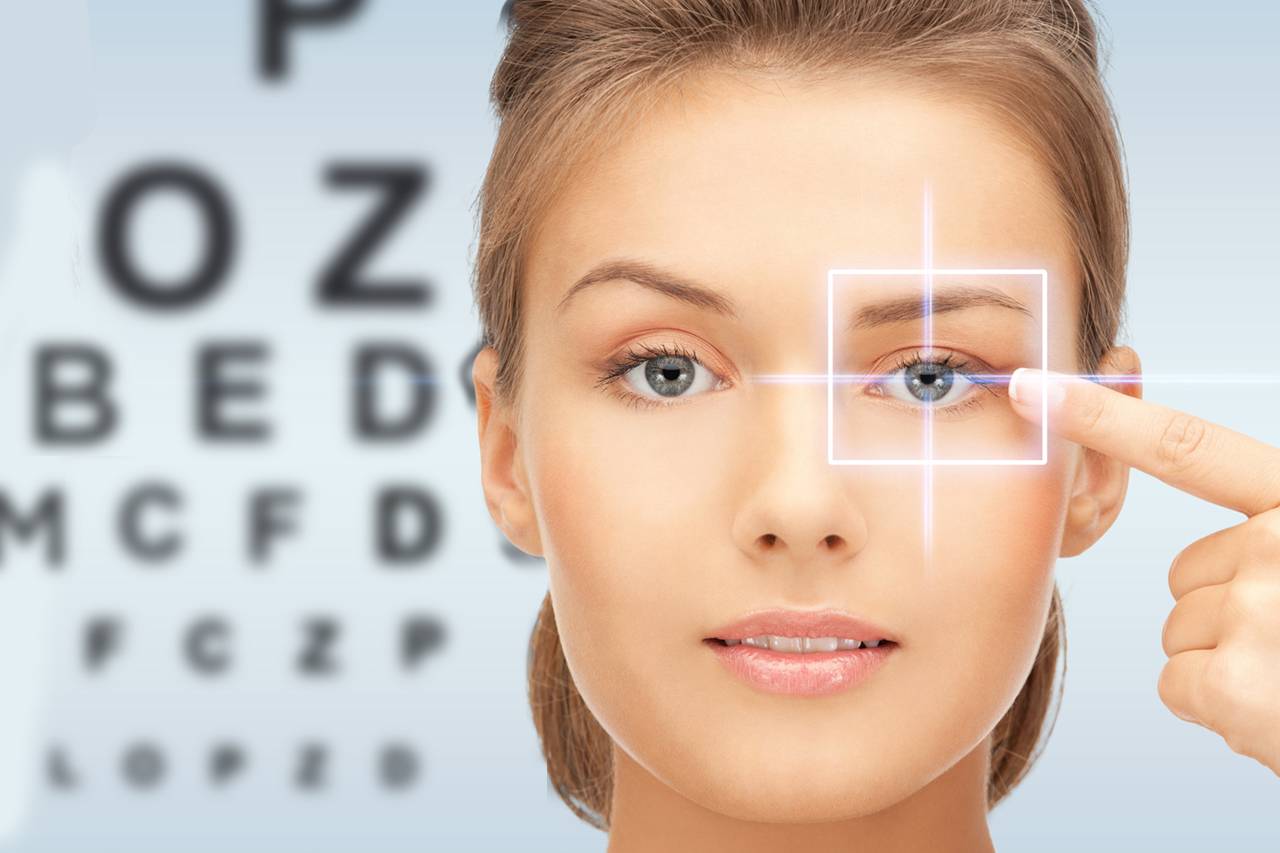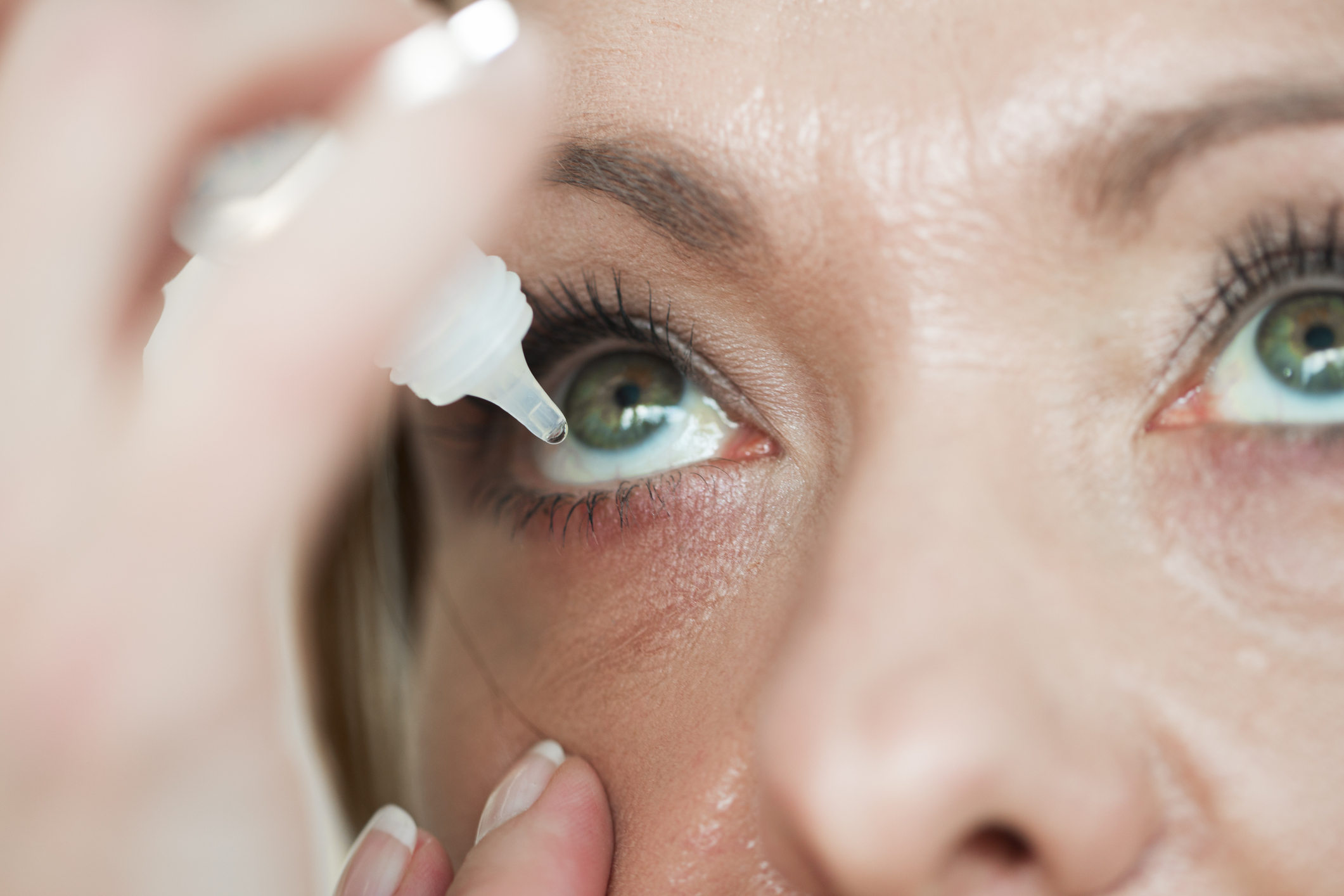Featured

While many people recognize the importance of shielding their skin from the sunlight, the dangerous impacts of ultraviolet (UV) rays on eye health commonly go overlooked. Nonetheless, extreme direct exposure to UV radiation can cause an array of eye issues, a few of which can lead to irreversible damage. Whether you're taking in the sunlight on a summer season day or walking outdoors on a gloomy mid-day, guarding your eyes from UV rays is vital. Right here's what you need to learn about the effects of UV radiation on your eyes and how to safeguard them.
What Are UV Rays? UV rays are a sort of electromagnetic radiation emitted by the sun. They are categorized into three types:
UVA Rays: These permeate deep into the skin and eyes and can add to long-term damage. UVB Rays: These rays are extra intense than UVA and are mostly in charge of surface-level damage to the eyes and skin. UVC Rays: These are one of the most damaging but are mostly taken in by the Earth's ozone layer and don't usually reach us. UVA and UVB rays are the main offenders behind eye-related damages.
Short-Term Effects of UV Direct Exposure on the Eyes. Also short-term direct exposure to intense UV rays can harm your eyes. One usual problem caused by this is photokeratitis, or "sunburn of the eye." Symptoms of photokeratitis include:
Unpleasant, red eyes. Sensitivity to light. Tearing or extreme watering. Temporary vision loss or blurred vision. Photokeratitis is normally momentary, however it offers as a caution of just how harmful UV exposure can be, also in small doses.
Long-Term Effects of UV Direct Exposure. Long term exposure to UV radiation can cause more significant and long-term eye conditions, such as:
Cataracts: UV rays can speed up the formation of cataracts, a problem that causes clouding of the eye's natural lens, bring about blurred vision and, if neglected, blindness.

Macular Deterioration: UV direct exposure can damage the retina, especially the macula, enhancing the threat of age-related macular deterioration (AMD), which affects main vision.
Pterygium: A development of cells on the white component of the eye that can cross the cornea, triggering pain, inflammation, and vision troubles.
Pinguecula: UV direct exposure can cause yellow-colored deposits to develop on the conjunctiva, causing irritability and dry skin.
Skin Cancer Around the Eyes: The delicate skin surrounding your eyes is extremely susceptible to UV radiation, enhancing the risk of skin cancers like basic cell cancer and squamous cell cancer.
Just How to Protect Your Eyes from UV Rays. Safeguarding your eyes from UV rays is straightforward and calls for a couple of conscious habits:
Buy Quality Sunglasses: Pick sunglasses that obstruct 100% of UVA and UVB rays. Try to find labels that define "UV 400" defense. Wrap-around designs are suitable as they block UV rays from the sides too.
Use a Wide-Brimmed Hat: A hat with a border at the very least three inches large can considerably lower UV direct exposure to your eyes and face.
Restriction Exposure During Top Hours: UV rays are best between 10 a.m. and 4 p.m. If you need to be outdoors throughout these hours, make certain you're adequately protected.
Don't Be Misleaded by Clouds: UV rays can permeate through clouds, so it is essential to use sunglasses also on overcast days.
Secure Your Eyes Year-Round: Snow, sand, and water can reflect UV rays, magnifying their results. Eye protection isn't simply for sunny summer days-- guarantee you're covered in all seasons.
Usage UV-Blocking Contact Lenses: Lots of get in touch with lenses now include UV protection. If you use calls, ask your eye doctor concerning lenses with integrated UV filters for added defense.
Encourage Eye Defense for Children: Kid's eyes are extra sensitive to UV rays since their lenses are clearer, allowing more radiation to get to the retina. Make sure they use sunglasses and hats during outside activities.
Normal Eye Examinations. Regular exams with an eye treatment expert are vital for very early discovery of any UV-related damages. An optometrist or ophthalmologist can evaluate your eyes, advise protective measures, and identify conditions like cataracts or macular deterioration early on.
Verdict. By wearing UV-blocking sunglasses, restricting sunlight exposure throughout peak hours, and staying regular with eye examinations, you can ensure your eyes remain healthy and balanced and your vision remains clear for years to come. Protecting your eyes from UV radiation isn't just concerning convenience-- it's a crucial step in preserving your long-lasting eye wellness.
Latest Posts
Achieve Your Financial Dreams with WyHy's Wide range Management Solutions
Teen Independence Account: A Smart Start to Financial Independence
Discover Vision Center South: Your Essential Eye Care Experts
More
Latest Posts
Achieve Your Financial Dreams with WyHy's Wide range Management Solutions
Teen Independence Account: A Smart Start to Financial Independence
Discover Vision Center South: Your Essential Eye Care Experts